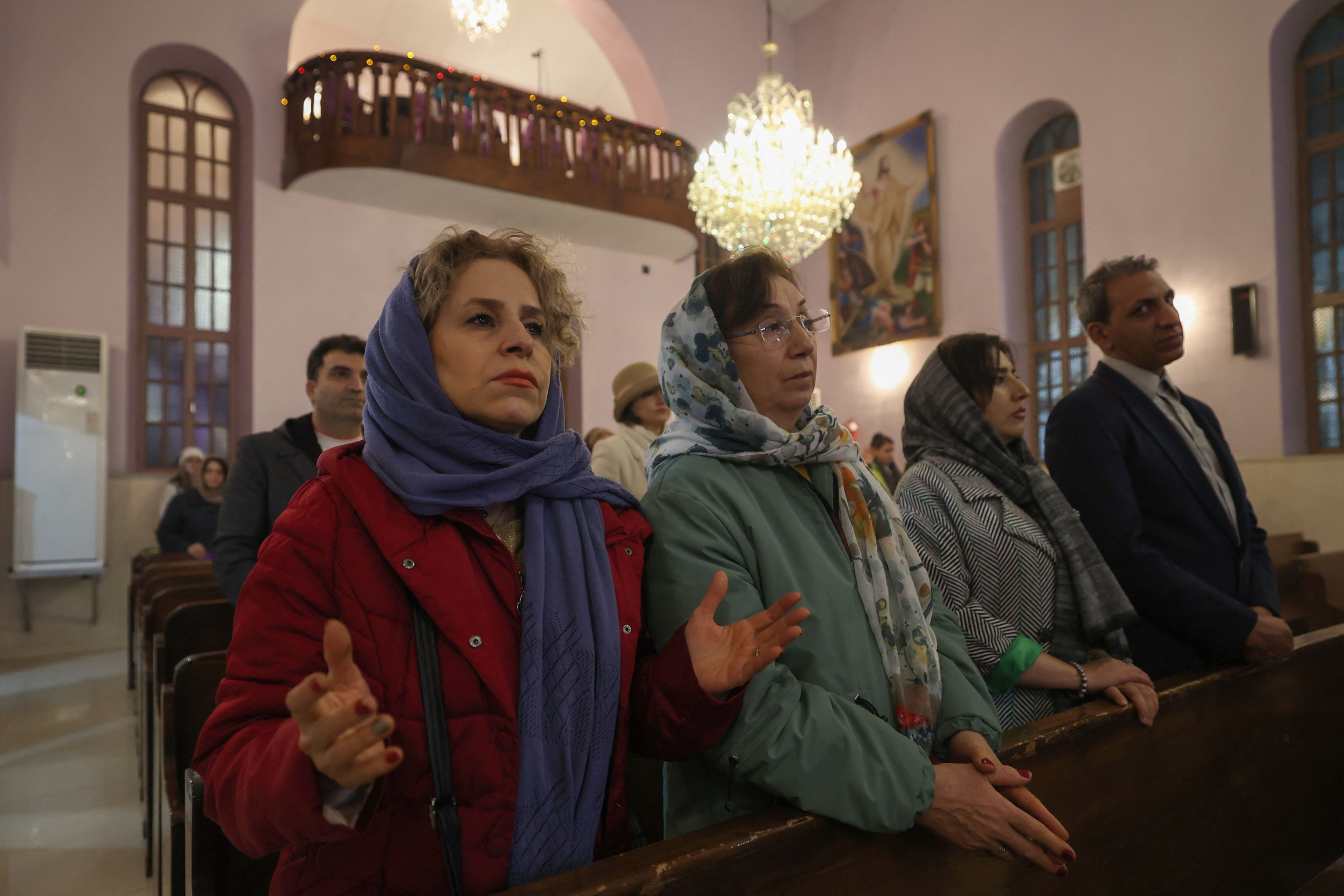More than a decade ago, when I still called Iran home, I was imprisoned for more than 200 days, interrogated, and eventually sentenced to death. My crime? I had converted to Christianity and was publicly sharing my faith.
By the grace of God and through international advocacy efforts, my sentence was overturned, and I was able to find true refuge in the United States in 2011. America welcomed me, along with other persecuted Christians with open arms. And with the support of World Relief, a global Christian humanitarian organization, I was resettled into a new community that embraced me. Over time, I had the privilege of becoming a U.S. citizen.
Many today are not so fortunate. Since the time of my imprisonment, persecution in Iran and around the world has worsened and Iran has become classified as one of the top 10 most dangerous countries for Christians. Still, opportunities to seek refuge in the United States have narrowed. Since 2016, there has been a 70 percent decrease in the amount of Christians resettled as refugees from the top countries perpetuating religious persecution. And last year, a mere 112 Christian refugees from Iran were resettled in the U.S.
Under Sharia Law, Muslims who convert to Christianity are considered apostates and can face the death penalty or life imprisonment. To avoid international pressure, the Islamic regime in Iran now arrests and imprisons Christian converts under the guise of political crimes. Additionally, Christians have their financial assets seized by the state, along with being banned from attending schools and owning businesses, blacklisted by employers, and lose custody rights.
As the number of converts in Iran increases, more Christians are fleeing into Turkey with the hope of gaining U.N. refugee status and being resettled in a third country. Turkey now hosts 3.7 million refugees and counting—including Christians—many of whom are mistreated, abused, ostracized, and deported. Some are even targeted and attacked by the regimes they fled. And now, they face increasingly lower chances of being granted acceptance into any third country in Europe or North America.
A recently released report by Open Doors US and World Relief revealed that, for many, the United States no longer serves as the safe haven it once was for the persecuted. As a result of public health provisions and decreased refugee processing during and even preceding the COVID-19 pandemic, refugee resettlement numbers were dramatically reduced between 2016 and 2020. While the resettlement of Christians has begun to slowly rebound since hitting its low point in 2020, it is still down 70 percent from what it was in 2016. And the number of Christians resettled from Iran is down 95 percent.
The United States has a long history of defending religious liberty and protecting freedom—particularly for people like persecuted Christians, but the decrease in avenues to safety for those fleeing persecution show a concerning departure from that legacy. To truly live up to its history, the United States must protect victims of religious persecution, starting with expanding refugee resettlement numbers—especially as doors to resettlement continue closing.
This year, the Lautenberg Amendment—a bipartisan program that provided historically persecuted religious minorities easier access to the refugee resettlement program, was not included as part of the House of Representatives Foreign Operations bill.
As recent headlines show, there is a genuine need for our country and its leaders to address comprehensive immigration reform. Inarguably, strong border security is important, but Congress has a responsibility to ensure that efforts to reform the border also protect due process for persecuted religious minorities who need asylum.
By reauthorizing the Lautenberg Amendment and supporting immigration bills that dually prioritize border security and compassion for those fleeing persecution, the United States has an opportunity to demonstrate that it still stands with victims of persecution around the world.
These solutions, along with expanding the number of refugees who can enter the United States, can strengthen our immigration system while simultaneously promoting the freedom our country stands for to those who desperately need it. While I continue to pray for the restoration of religious liberty in Iran, Christians suffering persecution in Iran and around the world must have opportunities to find refuge now.
In the same way that I once did, persecuted Christians need access to the hope and safe haven the United States offers. I pray this great country does not close its door to their cries for help.
Maryam Rostampour-Keller is the coauthor of Captive in Iran: A Remarkable True Story of Hope and Triumph amid the Horror of Tehran’s Brutal Evin Prison.
The views expressed in this article are the writer’s own.

